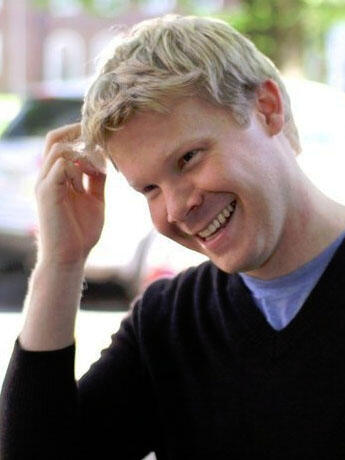Autocracy Amid Democratic Institutions: Evidence from Modern Africa
Thursday, March 5, 201512:00 PM - 1:30 PM (Pacific)
Abstract:
Scholars increasingly find that autocrats secure their survival by building formal political institutions: either single parties or national parliaments. These insights, however, do little to illuminate autocratic politics in post-Cold War Africa, where international creditors have forced autocrats to abide the nominally democratic institutions constructed during the Third Wave of Democracy. My book manuscript measures the threats to autocratic survival posed by democratic institutions and explains how the continent's autocrats are learning to survive them. During this presentation I will focus on the dynamics of popular protest in an age of regular elections. After presenting evidence that dependence on Western aid constrains African autocrats' recourse to repression -- and that, anticipating these constraints, African citizens are far more likely to protest when their rulers depend on Western aid -- I will show how Africa's autocrats suppress popular unrest without violence. Drawing on micro-level data from the Republic of Congo, I will focus on three classes of autocratic survival strategies: electoral alliances with opposition parties, electoral competition among regime loyalists, and the ethnic construction of the internal security apparatus.
Speaker Bio:

